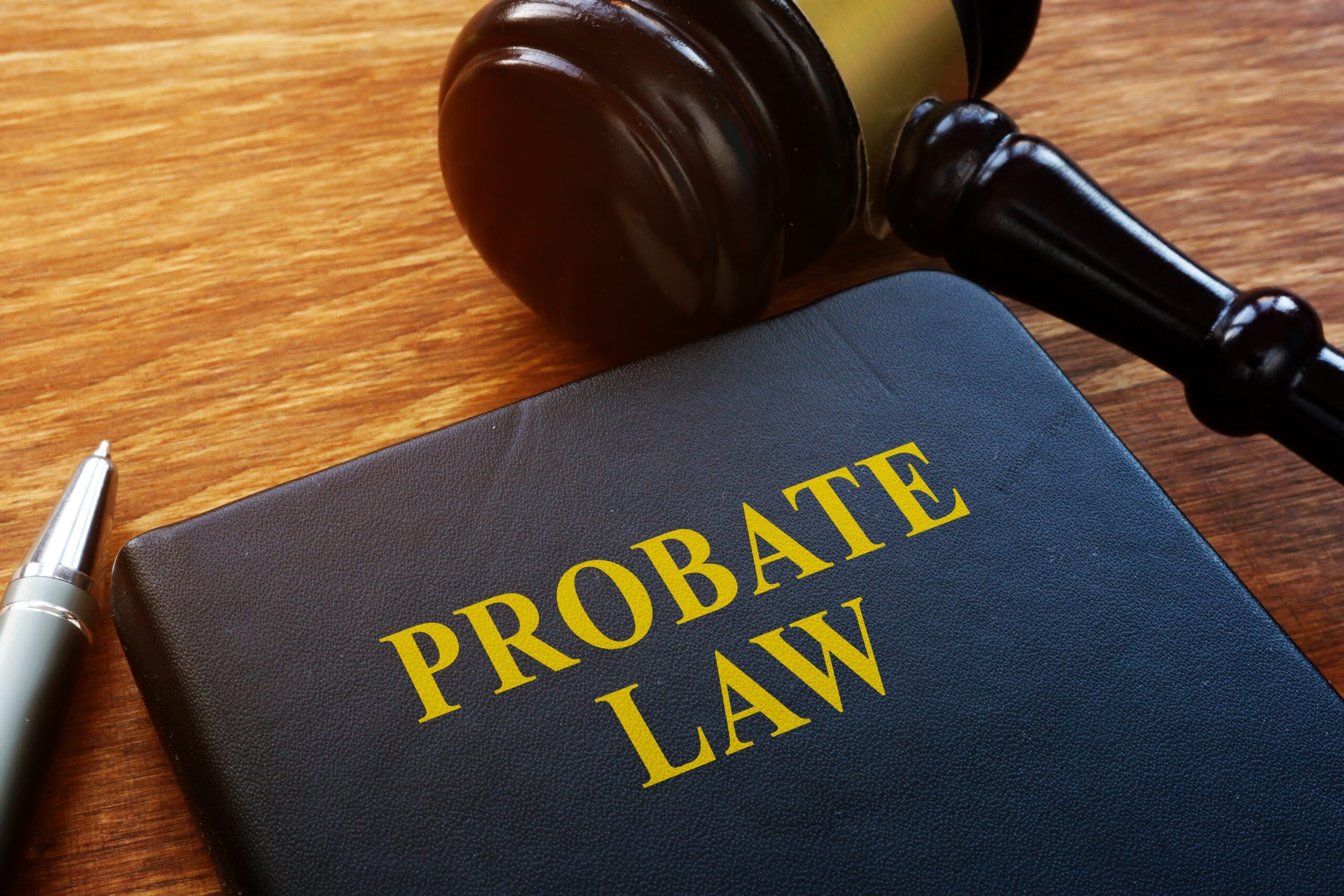Losing a loved one is undoubtedly one of life’s most challenging experiences, and amidst the emotional turmoil, legal complexities can often add an additional layer of stress. In Pennsylvania, seeking the guidance of an experienced attorney is crucial to navigating the legal aspects that follow the death of a family member or friend, whether or not a will is in place.
The expertise of a probate lawyer becomes valuable in these situations. An experienced attorney can guide you through the intricacies of the probate process, help resolve any family disputes, and ensure all debts are paid and assets are distributed according to the will. Understanding the nuances of probate and estate administration in the state of Pennsylvania can often lead to numerous questions. This blog post aims to provide detailed answers to common queries about the probate process, inheritance laws, and other related subjects in Pennsylvania. Below are some of the frequently asked questions we have encountered in our experience with probate law in PA.
Understanding Probate in PA and Intestate Succession:
When a person passes away, their estate typically goes through a legal process known as probate. If there is a valid will, the estate’s assets are distributed according to the deceased’s wishes as the will directs. However, if there is no will, Pennsylvania’s intestate succession laws come into play. A skilled attorney can guide you through this process to make sure all the required steps are followed and to ensure that the deceased’s assets are distributed in accordance with state law.
Generally, the probate process can take anywhere from six months to two years. Larger estates or those with intricate family dynamics may even extend the process to a few years. The probate process begins when the will of the deceased is filed with the register of wills’ office, and ends when the executor or administrator then files a final accounting of the estate assets with the court.
Probate Administration:
For estates that require probate, an attorney can assist in the proper administration of the probate estate itself. This includes filing the necessary documents with the Pennsylvania probate court, inventorying assets, settling debts, notifying beneficiaries, filing and paying taxes, and distributing assets to beneficiaries. Their expertise ensures a simplified probate process, minimizing delays and complications.
Probate attorneys also play a crucial role in offering guidance to executors and beneficiaries, assisting them in understanding their roles and responsibilities. They provide comprehensive estate probate services and help bring the estate to a close as efficiently and quickly as possible. Even if the deceased person’s estate had a lawyer who prepared the will, executors or administrators often hire a different attorney to handle or assist with the estate probate.
Will Review:
If the deceased had a will, an attorney can review the document to ensure its validity and address any potential challenges. They can also assist in interpreting the will’s provisions and clarify any ambiguities, helping to avoid disputes among beneficiaries.
Even with an intestate estate, probate attorneys play a crucial role in offering guidance to executors and beneficiaries, assisting them in understanding their roles and responsibilities. Even if the deceased had a lawyer who prepared the will, executors or administrators often hire another attorney to help with the estate probate process.
Let us help you!
Assistance with Non-Probate Assets:
Certain assets (life insurance payouts, retirement accounts with named beneficiaries, jointly owned property, etc.) do not require probate to transfer ownership. However, be aware that Pennsylvania’s inheritance tax generally applies to these non-probate assets just as it does to probate assets. In other words, avoiding probate does not itself avoid the PA inheritance tax – you must still report and pay tax on most inherited assets unless an exemption (e.g., for life insurance or spousal/joint property) applies. An attorney can help navigate the transfer of these non-probate assets, ensuring a seamless transition.
Resolving Disputes and Litigation:
Unfortunately, disputes among family members or beneficiaries can arise, especially in the absence of a clear will. A Pennsylvania attorney specializing in probate process and estate law can mediate and, if necessary, represent you in court to resolve disputes and protect your interests. Distributing an estate property can be difficult, even with small estates. A probate lawyer can be invaluable in helping to navigate the difficult process of estate administration.
Addressing Pennsylvania Inheritance Tax Implications:
Pennsylvania has an inheritance tax law that generally applies whether assets are passed through a will or not. A knowledgeable probate attorney can provide guidance on potential tax liabilities. They assist in developing strategies to minimize the estate tax, perhaps obtaining a discount on the tax, preparing tax returns, and ensuring a thorough understanding and compliance with federal estate tax and regulations.
Hopefully, inheritance taxes are not something that you are well versed in. But when inheritance tax applies to you, navigating it will require a knowledgeable attorney who has worked with estate taxes.
Emotional Support and Empathy:
Beyond the legal complexities, a compassionate attorney can provide emotional support during this challenging time. They understand the sensitivity of the situation and can offer a comforting presence while efficiently handling legal matters.
Probate attorneys are not just estate administrators. They are personal representatives. When a surviving spouse or child is bereaved, they need a person who can be a supportive legal authority while the probate process begins.
In times of loss, having a knowledgeable and compassionate attorney by your side can make a significant difference. By seeking legal assistance in Pennsylvania, you can ensure that the final wishes of your loved one are respected, and the legal process is navigated with care and expertise.



